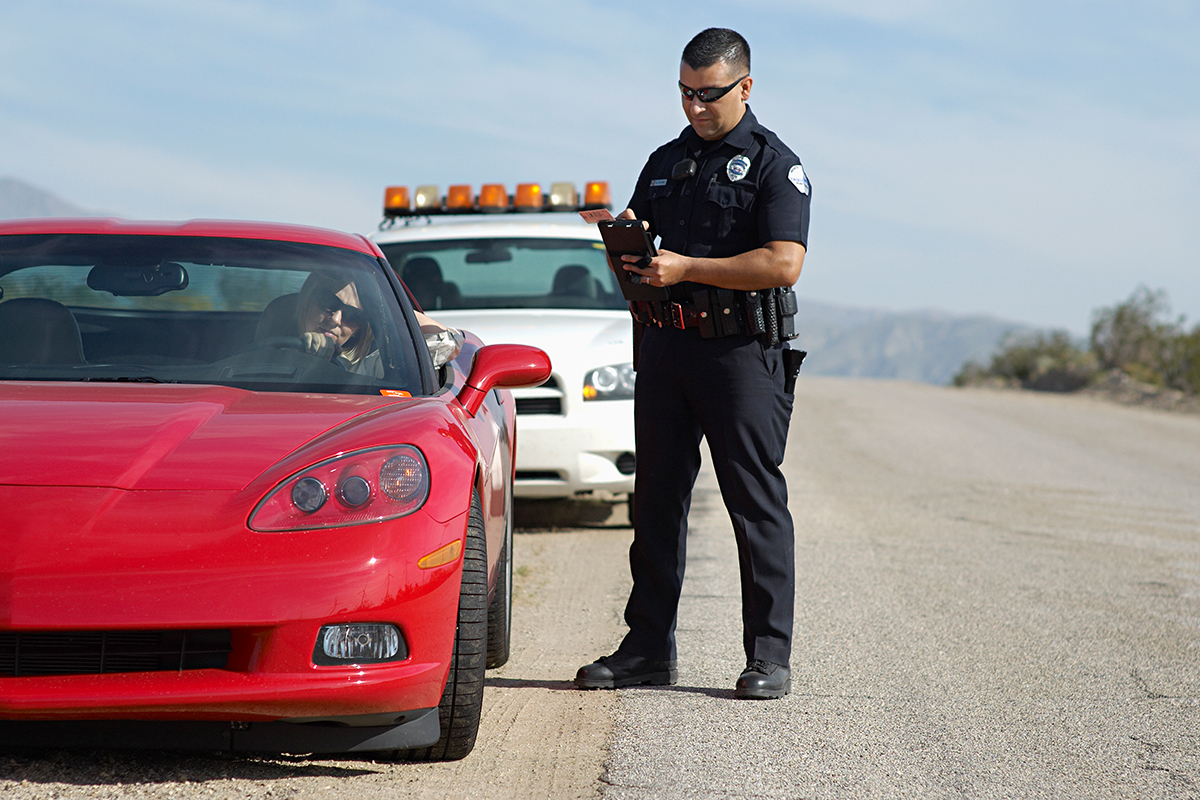If you are facing speeding tickets, you need a criminal defence lawyer in Calgary to look at your case as soon as possible.
The Traffic Safety Act in Alberta makes it against the law to speed in Calgary.
- The punishment for speeding in Calgary depends on how fast you were going.
- If you go 15 km/h over the limit, you could get a $105 ticket.
- A $481 fine could be given to someone who goes 50 km/h over the limit. For more details on fines, you may learn about fines.
- You will receive both tickets and points on your driver’s licence for speeding.
- If speeding is combined with dangerous driving or causes an accident, you may incur more charges under the Criminal Code. These charges could even put you in jail.
- When you get a speeding ticket in Calgary, the main consequences are that you have to pay a fine, you may get demerit points, and maybe your insurance rates go up.
- Your licence could be suspended if you get 15 or more demerit points.
Strategic Criminal Defence is a top Google-rated criminal defence firm in Calgary, with over 600 5-star reviews. Our firm, and our experienced legal team, have defended clients in over 10,000 criminal cases. Leveraging our extensive network of lawyers and decades of experience, we craft defence strategies to help those accused of speeding.
The lawyers at Strategic Criminal Defence are both highly experienced and dedicated to defending your rights and future in the face of these charges. Contact a lawyer today by calling (403) 719-6410.
Key Takeaways
- As per the Traffic Safety Act for Alberta, the fine amount depends on how much you went over the limit. If you were caught significantly speeding, you could have to pay a fine of $100 to $500.
- Fines are twice as high if you speed in a school zone or a construction zone.
- Getting a speeding ticket will also cost you points on your licence. You’ll lose 2 points if you go 15 km/h over the limit. If you go 16 to 30 km/h over the limit, you will lose 3 points. You will lose 4 points if you go 31–50 km/h over the limit. You will lose 6 points if you go more than 50 km/h over the limit.
- You might have to go to court if you are caught speeding more than 50 km/h over the limit, but a speeding ticket alone won’t put you in jail.
- A Strategic Criminal Defence lawyer can help with tickets. We can ask the officer about their evidence, the tool used to measure speed, or if the right steps were taken.
- If you pay the fine, you will be admitting guilt, which will raise your insurance rates and confirm the points on your record.
How Our Lawyers Help With Speeding Tickets
A Strategic Criminal Defence lawyer can help you in many ways that could save you money and keep your driving record clean.
- We can look at your case and tell you if you have a good reason to fight it before you pay the fine.
- This could help you avoid paying fines and getting points on your record, which could make your insurance costs go up.
- In some situations, looking at the calibration records for the radar or laser device that was used to measure your speed, going over maintenance logs, or looking for mistakes in photo radar images, can lead to evidence that is helpful to your case.
- We could hire expert witnesses to testify about how reliable speed measurement devices are.
- Most importantly, we’ll handle the traffic court process for you; you can learn more about the court process in Calgary and our involvement.
Examples of Speeding Ticket Offences
In Calgary, you can get a speeding ticket for the following reasons:
- A woman was driving when the roads were at their busiest. Even though the speed limit was 100 km/h, she was late for an important meeting. A police officer with a radar gun saw her going 126 km/h. She got a ticket for going 26 km/h over the speed limit.
- There were kids in a school zone when a man drove through it. He didn’t see the sign that said the speed limit in the school zone was 30 km/h, so he kept going at 52 km/h. A police officer pulled him over and gave him a $253 ticket for going 22 km/h too fast in a school zone. The fine was twice as high for driving in a school zone.
- A student drove through an intersection with cameras. Two weeks later, he got a speeding ticket in the mail. It said that his car was going 97 km/h in a place where the speed limit was 80 km/h. He got a ticket for $120.
Consequences of a Speeding Ticket
In Calgary, getting a speeding ticket can cost you money, tarnish your driving record, and in some situations, remove your ability to drive.
In some serious cases, speeding can lead to being charged with offences from the Criminal Code, in addition to provincial violations.
The faster you are caught speeding over the limit, the more you will have to pay.
- You usually get a ticket that costs between $78 and $120 if you go 1 to 15 km/h over the limit.
- If you go 16 to 30 km/h over the limit, the fine goes up to $155 to $239.
- If you go 31 to 50 km/h over the speed limit, you could get a ticket for $253 to $474.
- You could get a ticket for at least $481 if you go more than 50 km/h over the limit.
- You could also have to pay a fine of more than $2,000 if the case goes to court.
If you were speeding in a school zone or a construction zone, these fines automatically double. If you go 20 km/h over the limit in a school zone, for instance, you might get a ticket for $336 instead of the usual $168.
If you get a speeding ticket in Calgary, you will also get points on your driver’s licence.
- If you go 15 km/h or less over the limit, you will get 2 points.
- If you go 16 to 30 km/h over the limit, you will get 3 points.
- If you go more than 31 to 50 km/h over the limit, you will get 4 points. If you go more than 50 km/h over the speed limit, you will get 6 points.
- If you get 15 or more points in two years, your licence will be suspended for a month.
Another consequence is that your car insurance rates will probably increase. When figuring out rates, Alberta insurance companies often look at speeding tickets.
Speeding Ticket Defences
Many people just pay their speeding tickets, but there are a number of good reasons why you might want to fight the violation. If you have the right evidence, you might be able to get your ticket thrown out or lowered. This would help you avoid getting points on your driving record and save you money on fines.
Here are some possible defences:
- Calgary police often use photo radar, laser devices (LIDAR), or radar guns to catch cars that are going too fast, but these tools aren’t always correct. A speed reading might not be correct if the officer didn’t calibrate the device before their shift or if they haven’t been following the manufacturer’s instructions for maintaining it.
- Sometimes, the safest thing to do is to go over the speed limit for a short time. This defence says you were speeding, but it also says you had to because of how the road was at the time. If you had to speed up to get away from a driver behind you who was driving erratically or aggressively, for example, this might be a good reason. If you had to speed up to avoid hitting another car that suddenly merged into your lane, the quick change of speed might also seem reasonable.
- You might be able to defend yourself against a speeding ticket if the signs for the speed limit were missing, hidden, or not in the right place. Calgary’s Traffic Safety Act says that speed limits must be posted correctly and with clear signs that are easy to see at regular intervals. If trees or bushes grew over a sign, construction took down or hid a sign, or a sign was knocked down and not replaced, you might have not known what the speed limit was.
Speeding Ticket Investigation
Using speed measurement devices to see speeding directly is the most common way for police to locate it.
- Police put themselves in places where speeding is common or where safety is a concern.
- They could use radar guns or laser devices (LIDAR) that determine speed very accurately.
- Police officers record the speed of a car that is going too fast and then pull it over.
- The police officer will ask for your driver’s licence, car registration, and proof of insurance at this traffic stop.
- While they look over these papers, they are also looking for signs of impairment or other illegal behaviour.
- Then the officer will write you a ticket for the offence.








